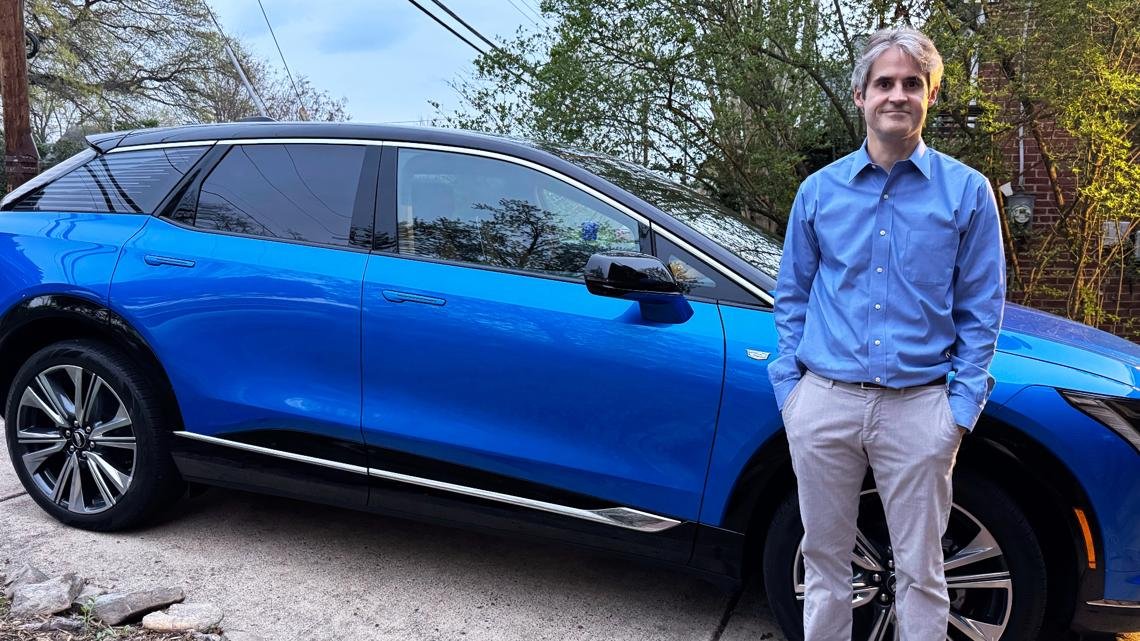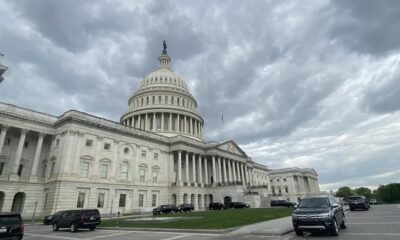Business
US Shoppers Flock to Big-Ticket Purchases Ahead of Trump’s Tariff Deadline

New import tariffs announced by the White House are prompting American consumers to make significant purchases before prices rise. Economists warn that these tariffs could lead to increased costs for everyday goods and potentially hinder U.S. economic growth.
John Gutierrez, a photographer from Austin, Texas, recently decided to purchase a new laptop after the announcement of a substantial 32% tariff on imports from Taiwan. Hesitant to face higher costs, he swiftly placed an order for a $2,400 laptop that would enhance his workflow.
“I thought I’d bite the bullet, buy it now, and then that way I’ll have the latest technology on my laptop,” Gutierrez explained, reflecting a common sentiment among consumers rushing to make purchases before the tariffs take effect.
The tariffs target various imports in hopes of encouraging foreign countries to open markets to U.S. exports and prompt companies to increase domestic production. However, for many consumers, the immediate concern is the potential rise in prices for essential goods.
Rob Blackwell and his wife faced a similar situation when they realized they needed a more reliable vehicle for commuting to their son’s college. Although they wanted another electric vehicle, they opted for leasing, considering the rapid advancements in technology.
As news of the impending tariffs broke, the couple moved quickly to finalize their lease of a new General Motors model, acknowledging that supply chain tariffs could result in significant price increases.
“They know what we know, which is suddenly it flips from a buyer’s market to a seller’s market very quickly,” Blackwell remarked on the shifting landscape of auto sales. Just like Gutierrez, he felt a sense of urgency to act before the tariffs impacted his purchasing power.
Lee Wochner, CEO of a California-based marketing firm, also experienced the situation firsthand. In search of a new vehicle for business purposes, he expedited the process and negotiated a deal for an Audi Q3 just days before the tariff announcement.
After calculating potential costs if he had delayed his purchase, Wochner realized he saved around $4,300 by completing the transaction early. He noted that dealerships were already beginning to renegotiate existing agreements, fearing the impact of upcoming tariffs.
“If you need a new car, if you can get that pre-tariff deal still, you should go get it,” he advised, highlighting the urgency felt by consumers during this uncertain economic period.


















